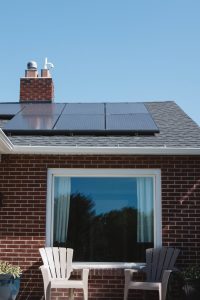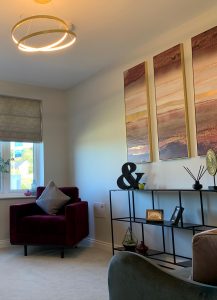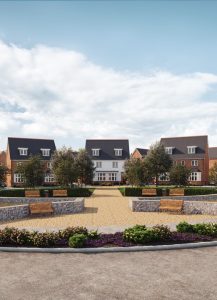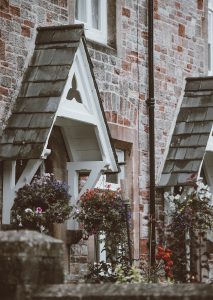Living Well in Low Carbon Homes is a social science research strand of the Active Building Centre Research Programme, taken forward by Cardiff University.
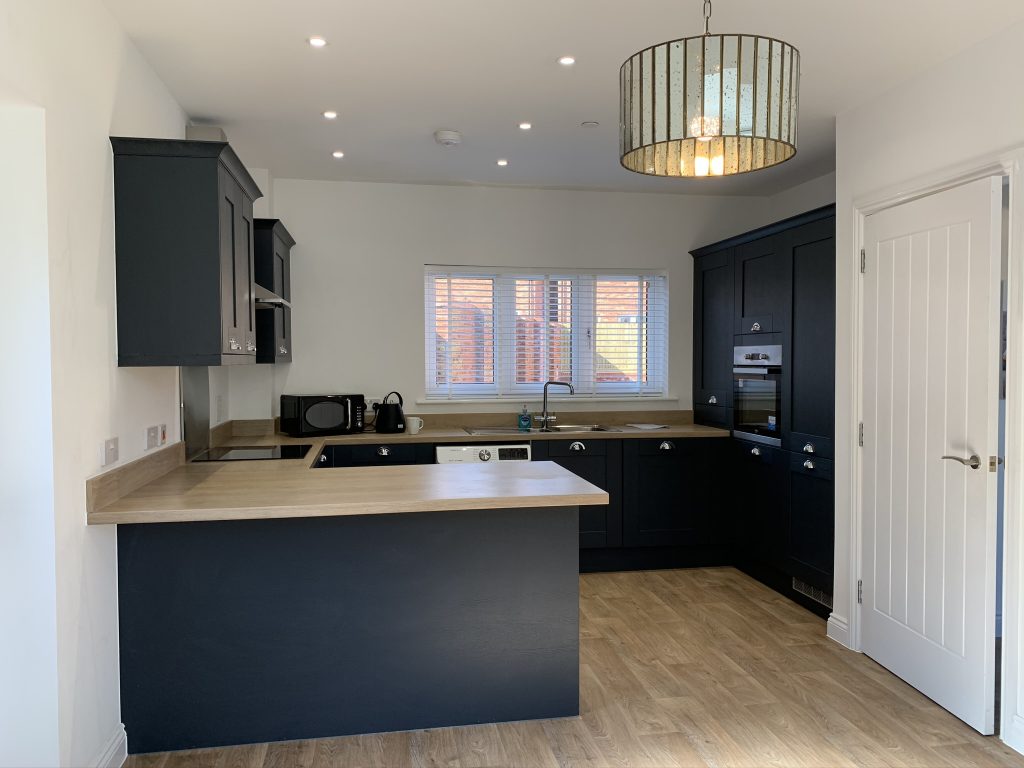
Being more sustainable, energy efficient and digitally intelligent, low and zero carbon buildings are seen as making a significant contribution to UK decarbonisation. Traditionally considered as places of energy demand and consumption, the role of buildings within the energy system is changing. Increasingly, homes are also places of energy production with potential to be places of energy flexibility, through energy storage capacity as well as intelligent energy import and export to national grids.
While playing an important role in UK decarbonisation, low and zero carbon homes are more than a material building, they are also homes. This means they have particular meaning and value, representing to some: security or safe haven; privacy; control and reflection of values. In addition, the way people live in their homes is related to where they are in their life course, relationships to others within and outside the household, and local place contexts. Together, these multiple links shape how and why people live in certain ways within their home. It is anticipated that low and zero carbon homes will likely alter daily life, but to understand how this will occur, or what form such change will take, it is essential that how homes are both understood and lived in by occupants is explored.
Our Living Well in Low Carbon Homes research is producing insights into the lived experience of low and zero carbon homes, studying the interplay between people, homes, and energy as the anticipated new dynamic role of buildings in energy infrastructure is realised.
Using a combination of interviews and activities we are exploring the impact of living within these homes on residents’ everyday lives and anticipated futures at different points in time (including prior to occupation). In addition, we consider how active homes impact upon households’ relationships to energy.
To gain contextual understanding, we also explore the ethos behind the home design and development through interviews with key stakeholders. These interviews illuminate plans and aspirations for low and zero carbon home developments, including the background to key infrastructure decisions.
If you would like to learn more about our research and the importance of understanding low and zero carbon homes in the context of the resident experience, check out our White Paper HERE.


 Karen Henwood is a Professor in Cardiff University’s School of Social Sciences and its Understanding Risk Research Group. She works on how it is possible for people to meet the challenges posed to themselves and society by the dynamics of environmental risk and socio-cultural change, including infrastructure and technology transitions in energy systems.
Karen Henwood is a Professor in Cardiff University’s School of Social Sciences and its Understanding Risk Research Group. She works on how it is possible for people to meet the challenges posed to themselves and society by the dynamics of environmental risk and socio-cultural change, including infrastructure and technology transitions in energy systems. Professor Nick Pidgeon is Director of the Understanding Risk Research Group within the School of Psychology at Cardiff University. His research looks at public attitudes, risk perception and public engagement with environmental risks and energy technologies and infrastructures.
Professor Nick Pidgeon is Director of the Understanding Risk Research Group within the School of Psychology at Cardiff University. His research looks at public attitudes, risk perception and public engagement with environmental risks and energy technologies and infrastructures. Kate’s research interests focus on the interplay between environmental, spatial and energy justice – how the sustainable and equitable use of natural resources is influenced by various economic, political and socio-spatial structures and how this manifests geographically. Research in this area is increasingly important as decarbonisation progresses and opportunities are presented that enable emerging systems and structures become more just. Her PhD research (2015-20) has highlighted the connections between political power, recognition, socio-economic development and the distribution of costs and benefits emerging from low carbon transition.
Kate’s research interests focus on the interplay between environmental, spatial and energy justice – how the sustainable and equitable use of natural resources is influenced by various economic, political and socio-spatial structures and how this manifests geographically. Research in this area is increasingly important as decarbonisation progresses and opportunities are presented that enable emerging systems and structures become more just. Her PhD research (2015-20) has highlighted the connections between political power, recognition, socio-economic development and the distribution of costs and benefits emerging from low carbon transition. Fiona is a Research Associate based in the School of Social Sciences at Cardiff University. Her research interests include how life events and relationships to others impact everyday energy use, as well as experiences of energy vulnerability. She has worked on several qualitative longitudinal projects and specialises in this methodological approach.
Fiona is a Research Associate based in the School of Social Sciences at Cardiff University. Her research interests include how life events and relationships to others impact everyday energy use, as well as experiences of energy vulnerability. She has worked on several qualitative longitudinal projects and specialises in this methodological approach. Rachel is a Research Associate based in the School of Psychology at Cardiff University. Her background is in sociology, and science and technology studies (STS). Her research interests include how people and technologies interact, and how this affects their health and wellbeing. She has worked on several qualitative and mixed methods research projects, and specialises in ethnographic research methods.
Rachel is a Research Associate based in the School of Psychology at Cardiff University. Her background is in sociology, and science and technology studies (STS). Her research interests include how people and technologies interact, and how this affects their health and wellbeing. She has worked on several qualitative and mixed methods research projects, and specialises in ethnographic research methods.
